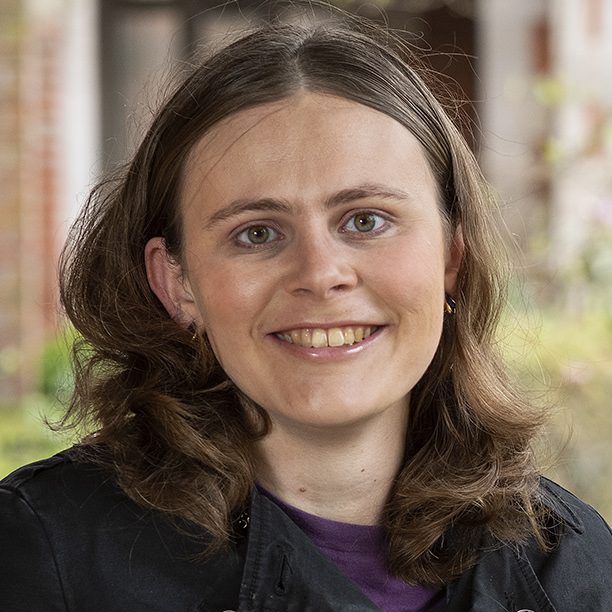Research position in planetary science/Solar System studies/star formation
I welcome applications for a research position to explore questions around the role of interstellar objects in planetary system formation. A wide range of expertise is relevant, potentially including planetary, stellar, or even Galactic studies; this position is ideal for a researcher looking to branch out into a rapidly developing new area of astronomy and planetary science.
This is a five-year postdoctoral and teaching research fellow position where you will help build a new approach to planetary science in a country with a rapidly developing and enthusiastic aerospace community and new Space Agency. You will be encouraged to grow and flourish as a researcher, to pursue independent research, and to mentor more junior colleagues in areas of your skillsets and expertise. The UC planetary group has wide-ranging interests broadly focussed on Solar System formation and evolution, including both observational and theoretical approaches. International collaborations include the Vera Rubin Observatory, OSSOS/Colours of OSSOS, SSOLS, and JWST’s DiSCo-TNOs. Current planetary missions include ESA’s Comet Interceptor and NASA’s DART; the group are developing capability toward NZ’s first planetary mission. UC has a rapidly growing network of space-related research groups across geology, engineering and other disciplines. Observing time with UC’s Mt John Ōtehīwai Observatory at Takapō is available. Teaching is part of the position; into first-year and second-year undergraduate astronomy (ASTR109 astro/planetary for all degrees, and ASTR211 observational astronomy, using facilities at Mt John).
I consider the active practise of Te Tiriti critical to creating a scientific future for Aotearoa New Zealand. Our group is committed to making the culture and community of the planetary science field a supportive and welcoming place for all, and to development of our critic and conscience role. People from historically marginalised groups and communities are particularly encouraged to apply. Candidates who whakapapa to te ao Māori or Pasifika who currently work in adjacent fields should be aware that the scope of the position is highly flexible; please discuss with me.
The initial focus of the position is intended to be simulation of the collapse and stellar/planetary system formation of molecular clouds containing a population of interstellar objects. Initial hydrodynamic simulations in the Python-based AMUSE framework have shown remarkably promising results. This project will springboard established AMUSE code to explore a detailed physical parameter space, in close collaboration with theorist colleagues in Europe.
The five-year position in Christchurch is available from 2022 (flexible start). Salary is $75,000 NZD in the first year, increasing in subsequent years. You should have submitted a PhD in a related field by your start date. If currently overseas, the successful candidate will need to go through the process to meet immigration requirements (currently termed an exemption), as the NZ border is currently on limited entry, including post-arrival quarantine.
The UC planetary group values work-life balance; NZ annual holidays run mid Dec to mid Jan and we go offline during that time. Christchurch | Ōtautahi is a pleasant city with easy access to nearby mountains and coast, and has a growing aerospace community, in a country with a successful mitigation strategy for Covid-19.
Prospective candidates are encouraged to contact me for further information or with any questions, with an email title containing ‘Interstellar postdoc’.
To apply: email the following items (as a single pdf):
- A one-page cover letter — noting your thoughts about skillsets or expertise relative to the project focus.
- CV — please include any publications, teaching experience, and/or work and achievements that you are enthusiastic about, but that may not easily fit within traditional metrics of academic success.
- A two-page research statement — figures welcome
- Include only the contact details of three referees: no letters required initially
You may find helpful the AAS Postdoc Application Guidelines.
